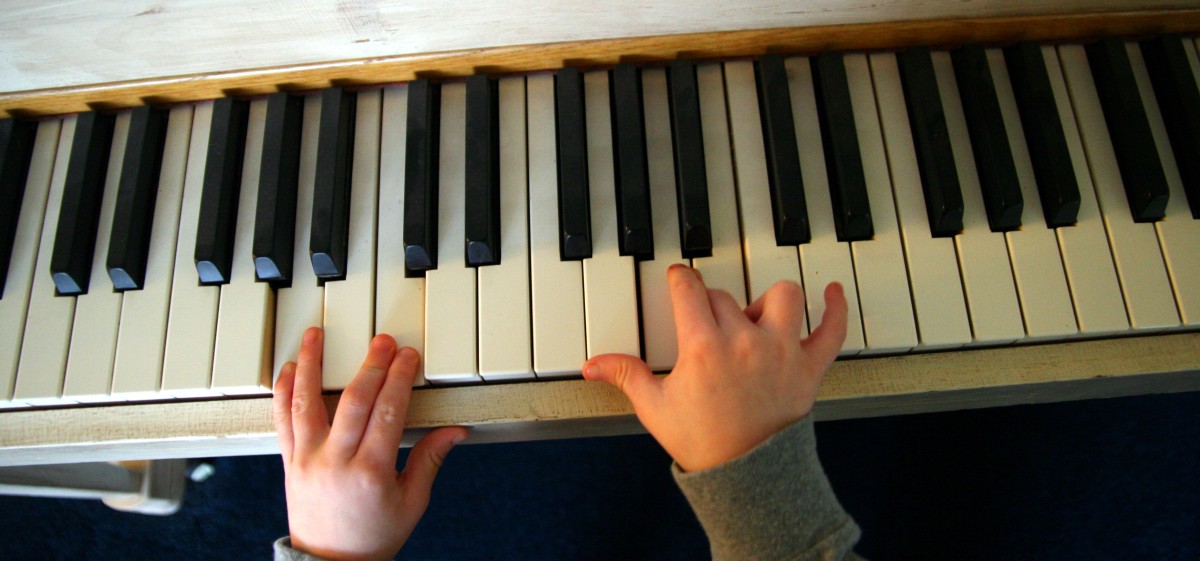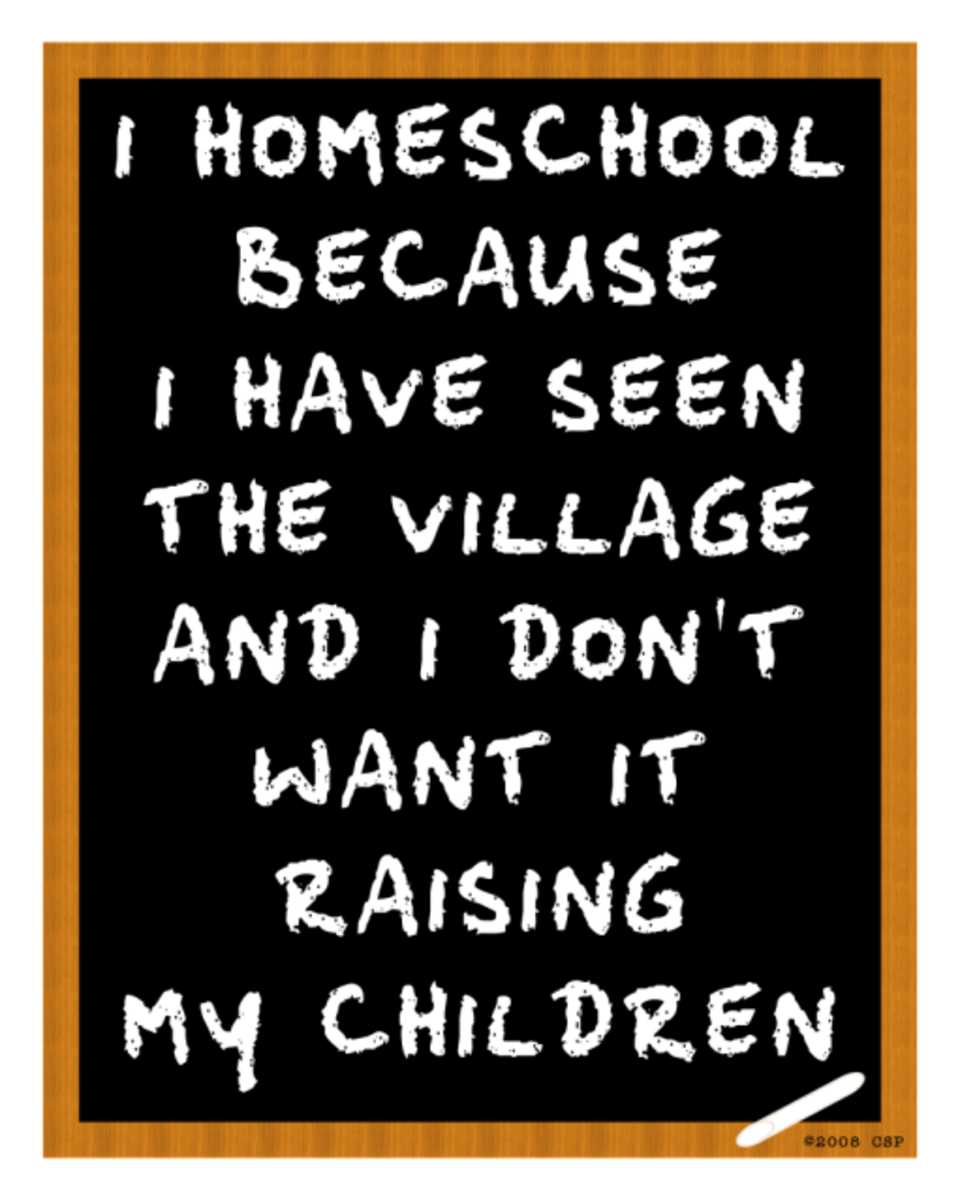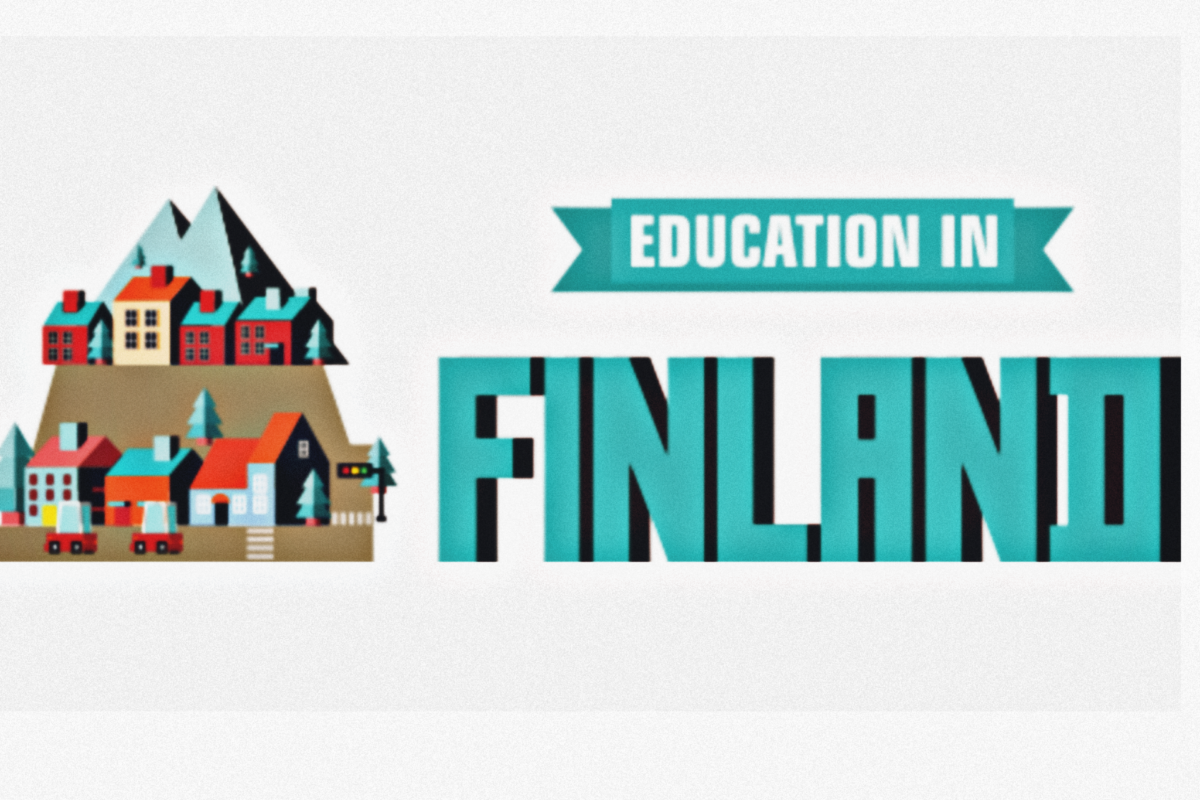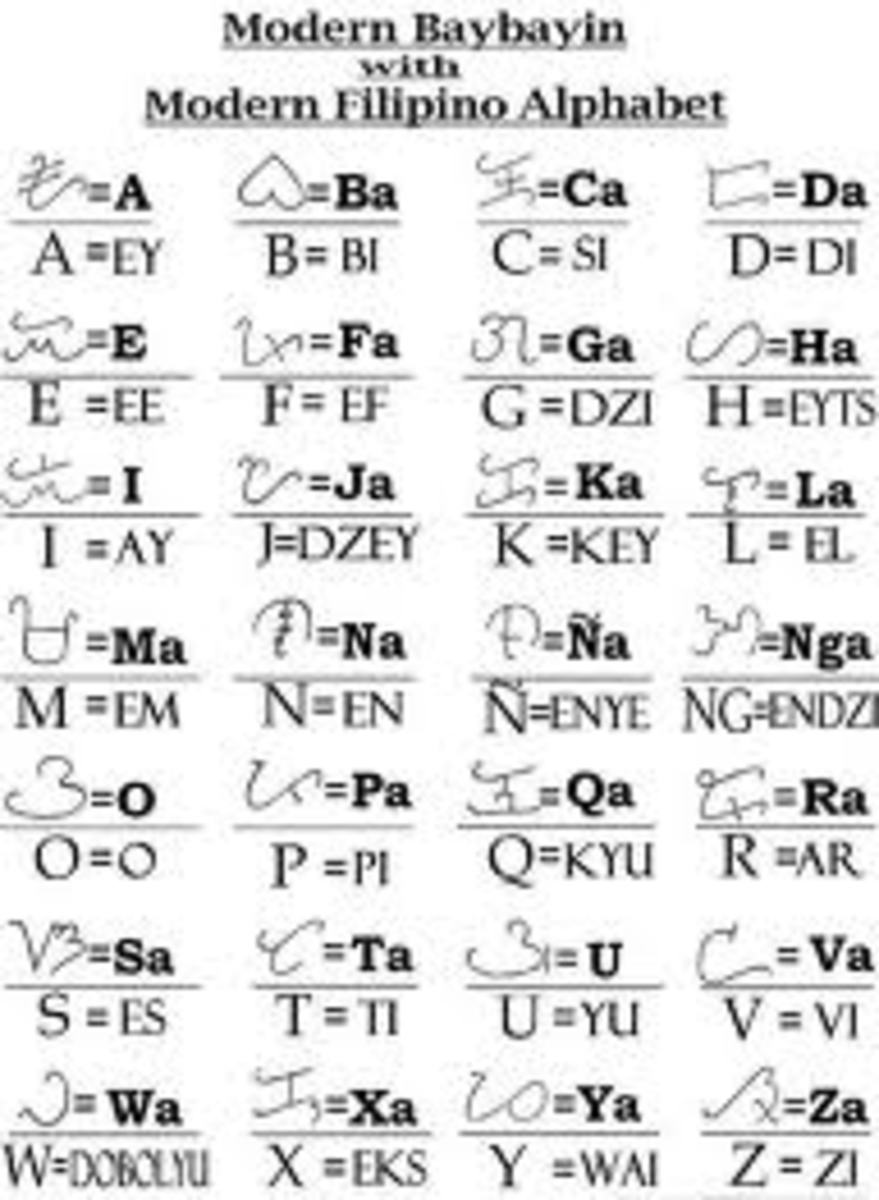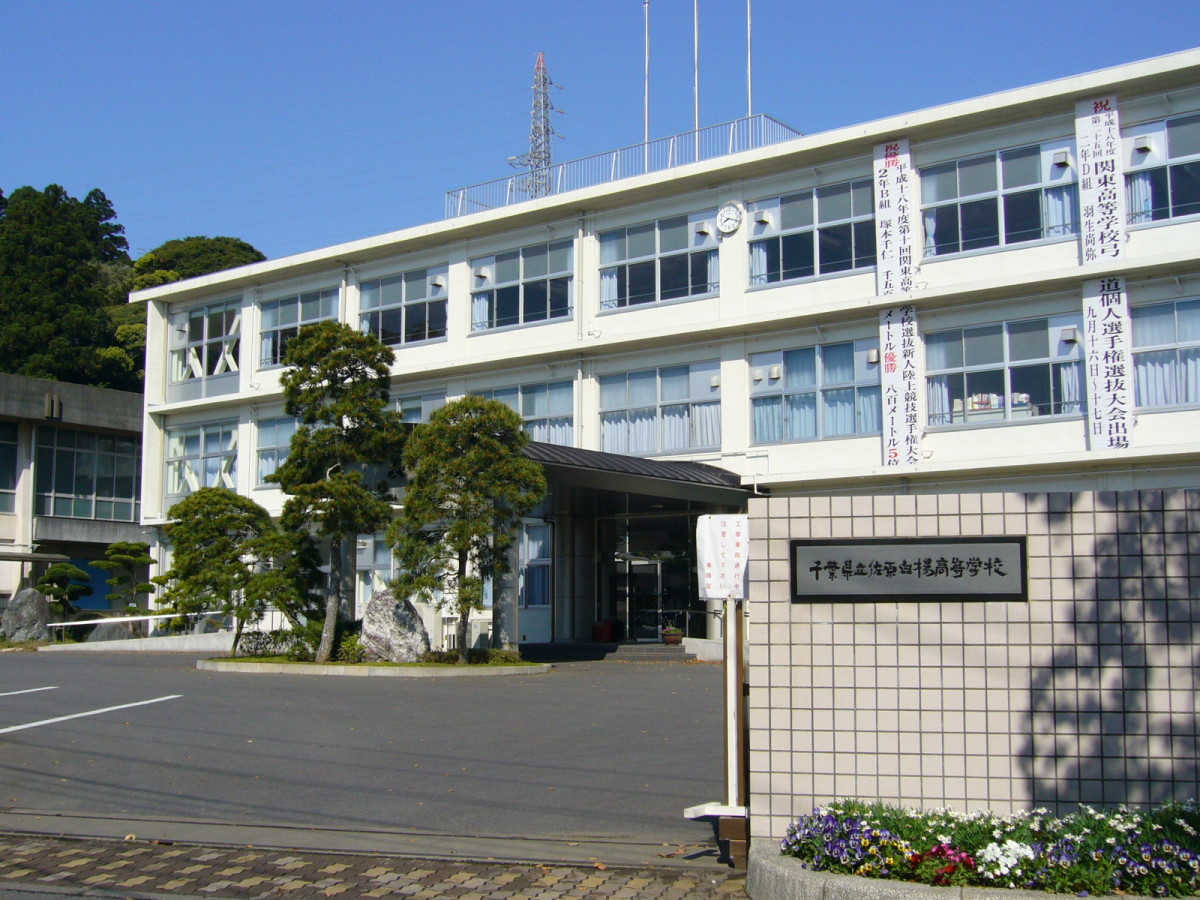Schooling In France A Guide For parents Of Young Children
Primary Education In France
The French education system is split into three stages: primary school (école), secondary school (collège) and high school (lycée).
In France, primary education is not seen only as a period of education, but it is believed to be the key to success for later education. It is supposed to build the basis for a life-long education. For this, the French government aims to offer equal opportunities to all children. This means that education is free and children can join a school at any time of the year.
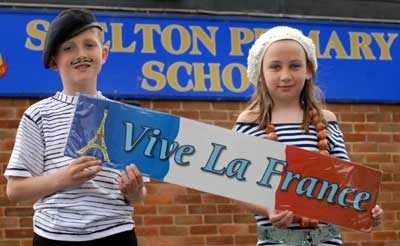
Primary Education At A Glance
Maternelle
This is the equivalent of nursery school and is optional in France. Nursery school classes accept toddlers at 2 or 3 years of age, starting in September. It is divided into:
- Petites section. For children aged 3 to 4
- Moyen section, for children aged 4 to 5
- Grand section, for children aged 5 to 6
Usually the nursery school forms part of the main primary school. If you talk to the teacher your child can go only for half a day (9am. to 12pm.) as opposed to assisting in the afternoons as well from 1:30pm. to 4:30pm. On the other hand, if you have to work and leave your child at school from 9am to 4:30, he can have his lunch in the school's canteen for a small fee.
When we moved to France our daughter was only 3 years old and the day I went to enquire at the school about her education, I was pleasantly surprised to hear that she could start school the next day. We were already two months away from the end of the school year and my daughter didn't speak French, but the school was keen to take her in anyway. The next day, the teacher was so gentle in welcoming our daughter, that from that day on she has loved school. What's more, only a few weeks later she was already speaking in French! From my point of view, I was just happy to see that we did not have to wait until the start of a new school year, get extra language help, fill in a mountain of paperwork or pay anything for our girl to be schooled and have one of the sweetest lady teachers I have ever seen.
Le cours Préparatoire.
Also known as CP. Most children start the CP the year of their sixth birthday. From this point forwards education is obligatory for all children -French or foreigners- until they are sixteen years old.
Le cours Elementaire.
This extends into two years:
- Cours elementaire 1 or CE1. During CP and CE1 there is special attention paid to reading and writing. Teachers take grammar and orthography very seriously, so do not be surprised to have your 7 year old child correcting your French writing! At school teachers not only supervise the knowledge acquired by the children but also the way this is done. Children are obliged to keep their personal areas clean, to respect other's property and their own. Sometimes I have even thought that they are too obsessive about this point as mothers and teachers can spend ages discussing how to stop a child from bending the pages in his book or writing untidily.
- Cours elementaire 2 or CE2
Le cours Moyen
Also done over two years:
- Cours Moyen 1 or CM1
- Cours Moyen 2 or CM2
Passing from one class to the next one is the decision of the "Conseil de maitres" which is formed by the school's director and the teachers.
- Schooling in France: This French Life
News, advice and information for those from the UK, the US and other English speakers who want to live life the French way...
Time Organization
From September 2008, teaching takes place from Monday to Friday as opposed to having classes on Saturday morning as well. This makes up a total of 24 hours a week and 864 hours per year. From these, 5 hours a week are dedicated entirely to learning mathematics, while 10 hours go towards learning French. Another 9 hours are spent learning history, arts, discovering the world (basic geography and sciences) and doing sports. Foreign languages -English- is taught within this 9 hours at a rate of one and a half hours per week, so if you want your child to learn English during this period it is up to you to teach him at home to read and write fluently in your own language.
An extra two hours weekly are set aside for personalized help to children who are finding difficult to cope with the programme.
- French chef fights junk food epidemic
A French school has become the country’s first to hire a professional chef to cook up fresh and cheap meals. Lunches, as prepared by Dominique Valadier, formerly a chef on the Cote d'Azur and in the Alps, are priced at EUR 3 for teachers and 2 for - BBC NEWS School dinners around the world
BBC News looks at what children are eating at schools around the world. A French government commission has made healthy eating such a priority that primary schools offer nutrition classes, teaching children the lessons about healthy eating
The School Canteen
French schools give parents the option of a school canteen for lunch time. The menus are studied carefully and for an average of 2 Euros (depending on the school) your child can eat a nutritious three course meal.
An example of my children's canteen's menu available for 2,20 Euros a day is:
- Starter:Tomato salad
- First course: Ravioli with green salad
- Cheese
- Dessert: Fruit
Very rarely you will see chips or fried food in the menus. The usual starter is a salad or cold meats which, amazingly enough, children eat! Children are encouraged from an early age to eat properly using all their cutlery and eating the same things as adults.
For Christmas and special occasions, the canteen has special menus with presents for the same price!
Health Issues at School
Vaccines:To be enrolled in a school, your child needs to be up to date with his vaccines. You might be asked at school for a copy of the vaccination record of your child. If your child has been vaccinated in another country you will need a medical certificate stating that the vaccines took place. You might also be asked for a medical certificate for certain extracurricular activities.
Medical Visit: The school organizes a medical visit for children before entering CP. This is offered to all children between 5 and 6 years old and is carried out by a doctor from the National Education Board at school. You will be invited to be present during your child's medical tests. This medical visit aims to uncover any problems that might cause any learning difficulties. Hearing, vision, motor skills and psychological tests are used during this visit.
Health education: All through their schooling, children are given health education in the form of advice on nutrition, first aid and dangerous games. Last year my children aged 3 and 5 were taught first aid adapted to their age group. They also had a special day where they were taught what to do in case of accidents while in the school bus.
For this year, the doctor from the Education board visited the school on the first day of classes and, after evaluating the children's needs, advised the teachers to cancel any ‘gouter' which is usually a biscuit given to the children sometime during the morning before lunch time.
Also within the health prevention programme, children in CM1 and CM2 are informed of the danger of smoking and drinking alcohol.
A word about School Insurance
Your child is obliged to have school insurance to be able to participate in school outings. The insurance covers both your child and also the risk of damage that he might cause to third parties.
You can get school insurance from insurance companies for as little as 10 euros a year for the basic package, or as add-ons to your house insurance or family health insurance.
Who Is Who In A French Primary School?
Le ministere de Education Nationale: This is the Ministry of Education. The Ministry fixes the school programmes, engages, and pays the school teachers. They are in charge of assuring the good quality of education.
L'inspection académique: The Academic inspection. This is the departmental office of education. They are in charge of organizing the school life in the schools of their area.
La Commune. This is the town. In France it is the town which owns the public schools and the maternelles. It is the town who builds, and takes care of the school buildings. Not only does the town provide the building but also the materials and furnishings for the school to function properly. The town also organize and finance the school canteen and the school bus service and recruites any non-teaching personnel like drivers, kitchen and cleaning assistants.
Other Resources On France
- Why move to France?
Ever since I was a little girl I have been fascinated with fairy tales. Castles and princesses. So the first time I visited France I must admit that I fell in love at first sight. Listening to French... - Moving to France
This was my first time in the countryside. The nearest town was 10 km. away and the nearest city was 50km away. Near our rented gite there was a big farm, but the owners were not very friendly and in six months we hardly saw them.




